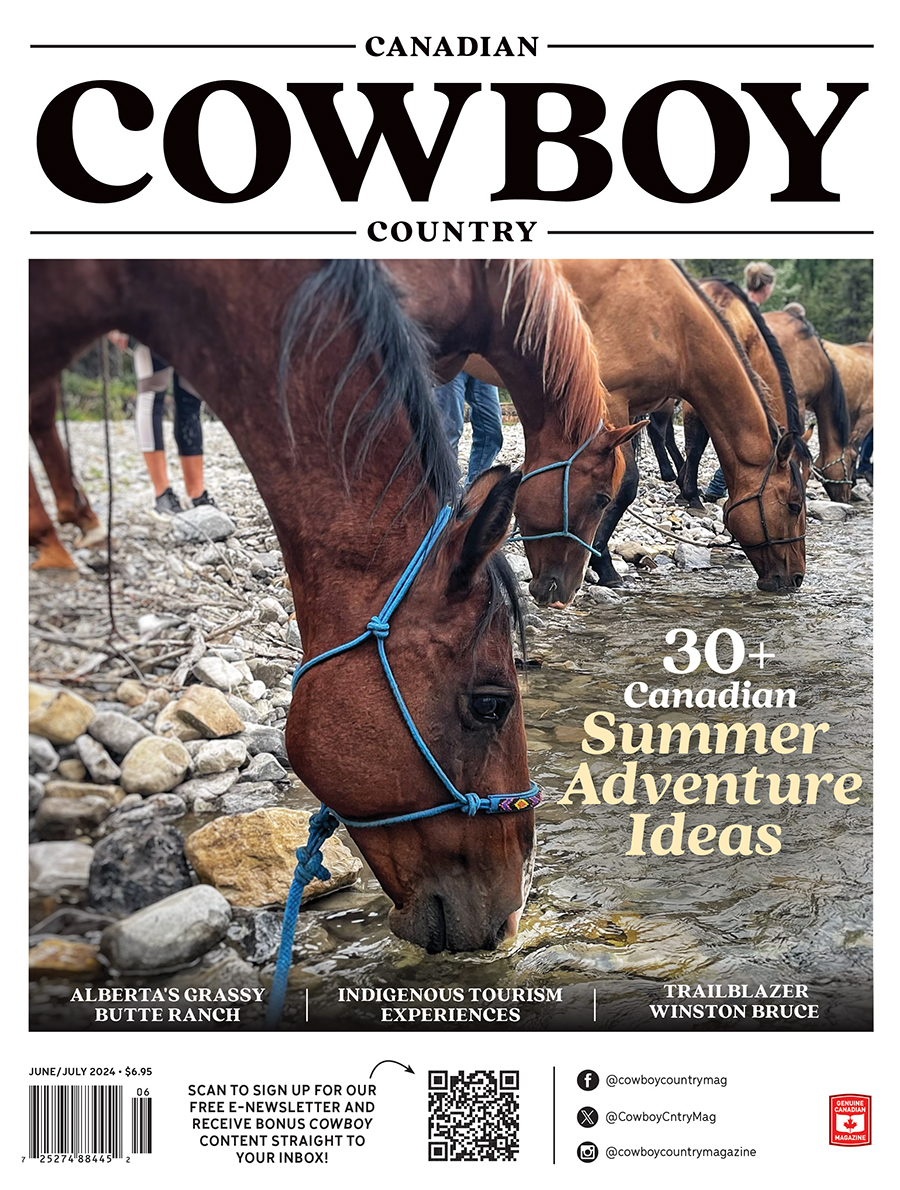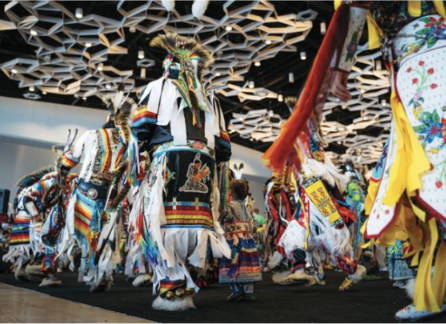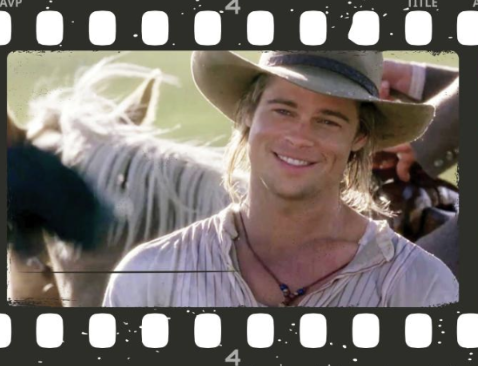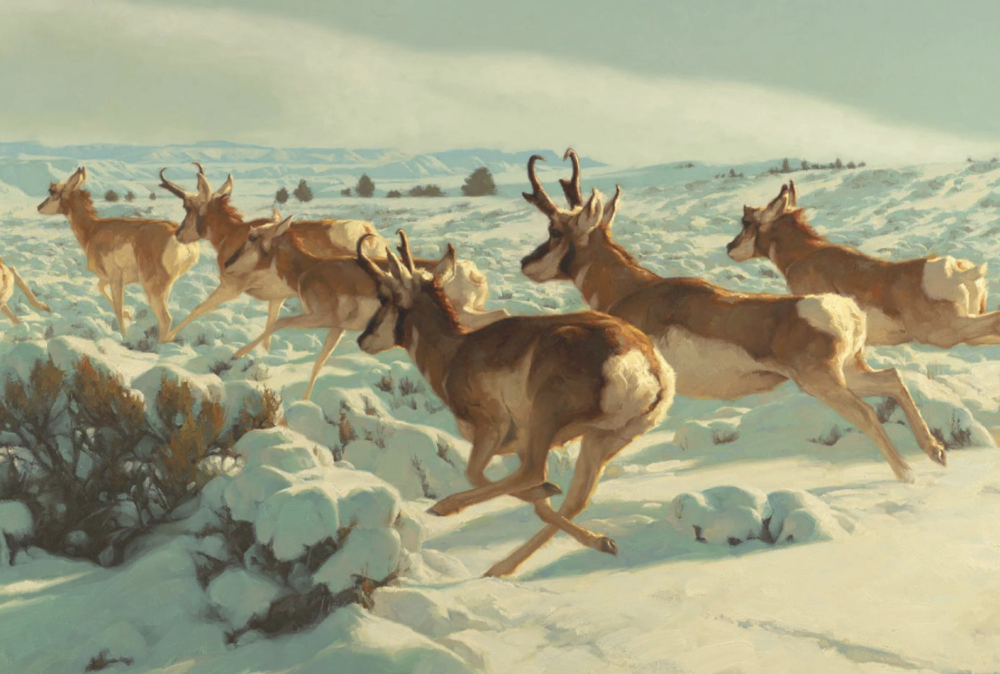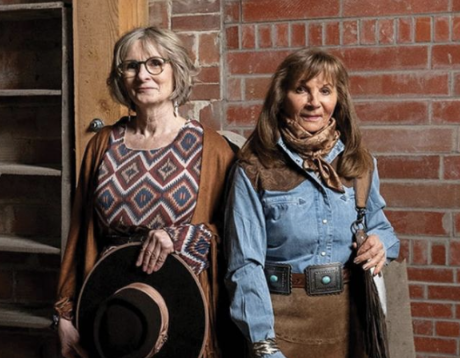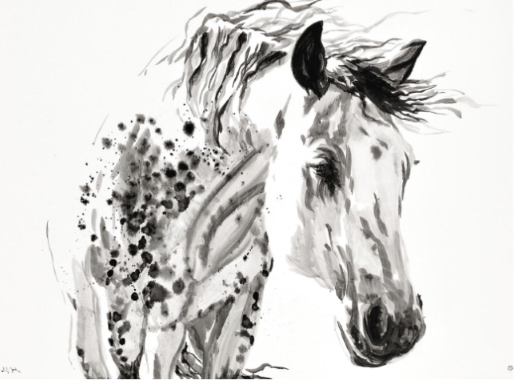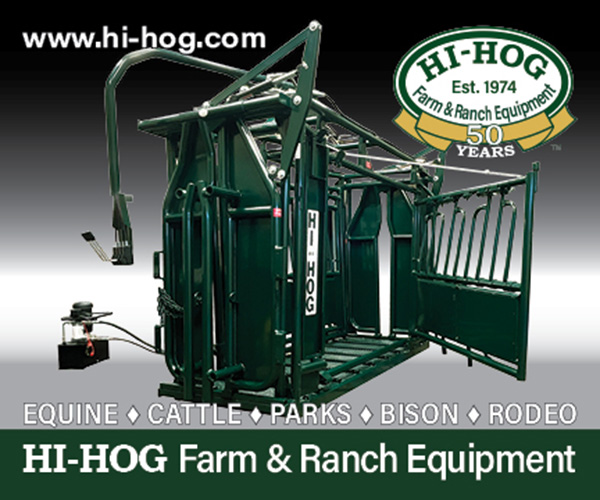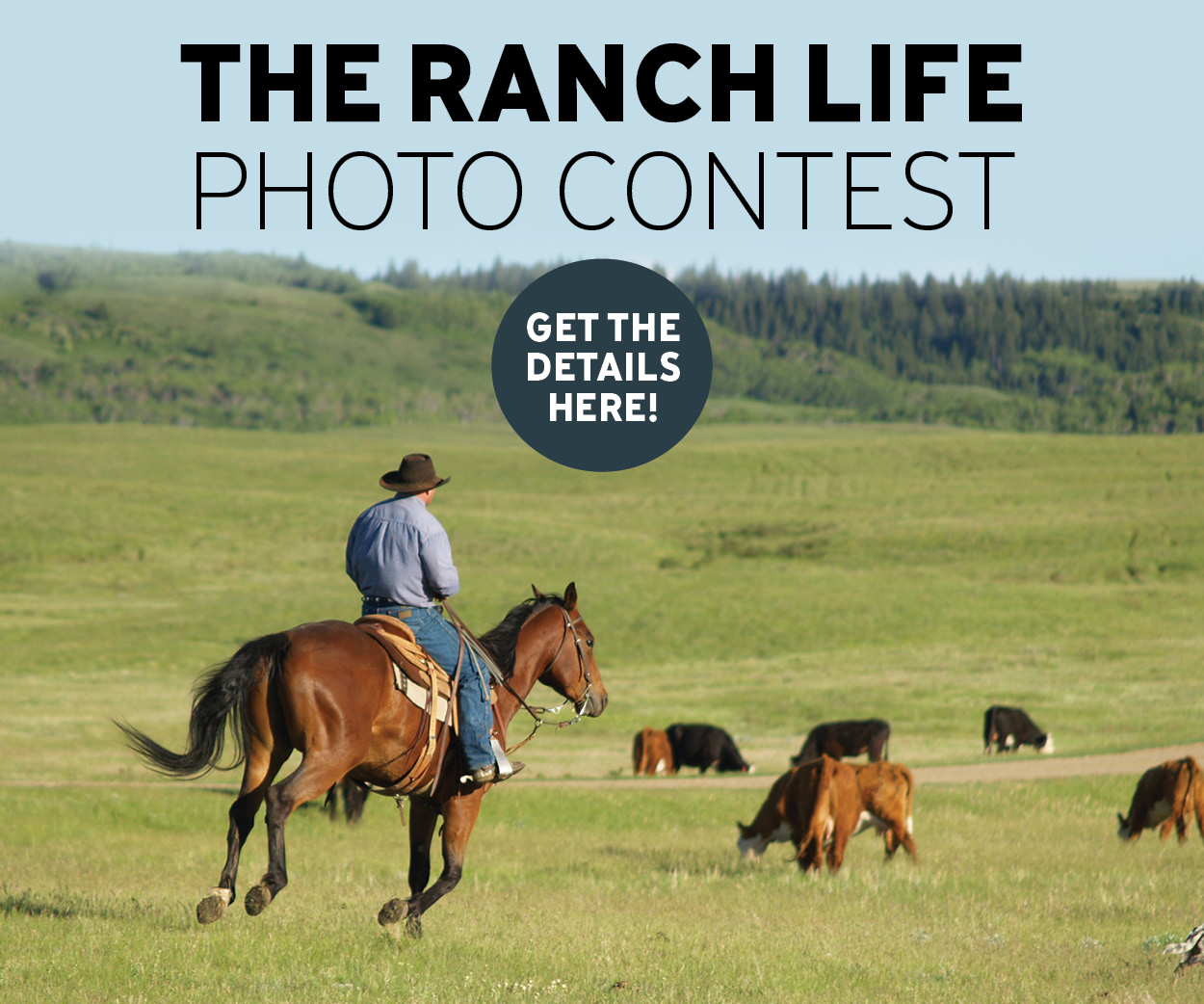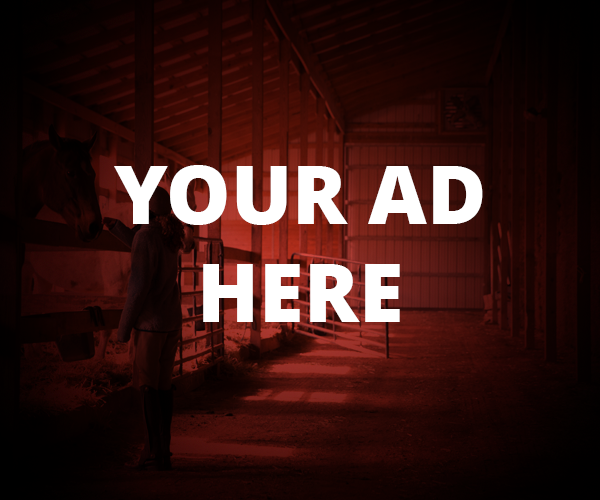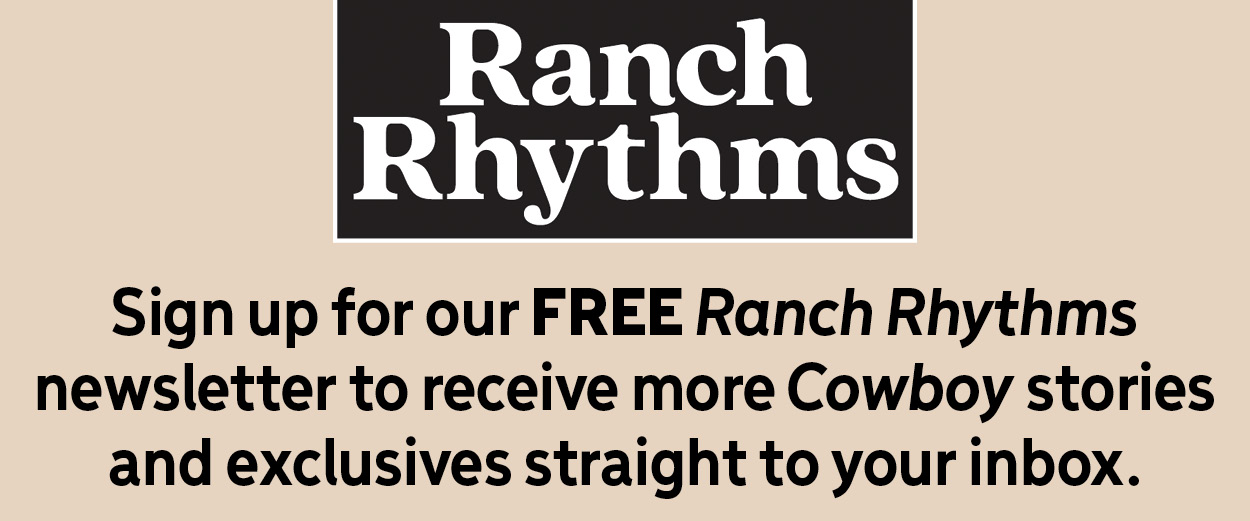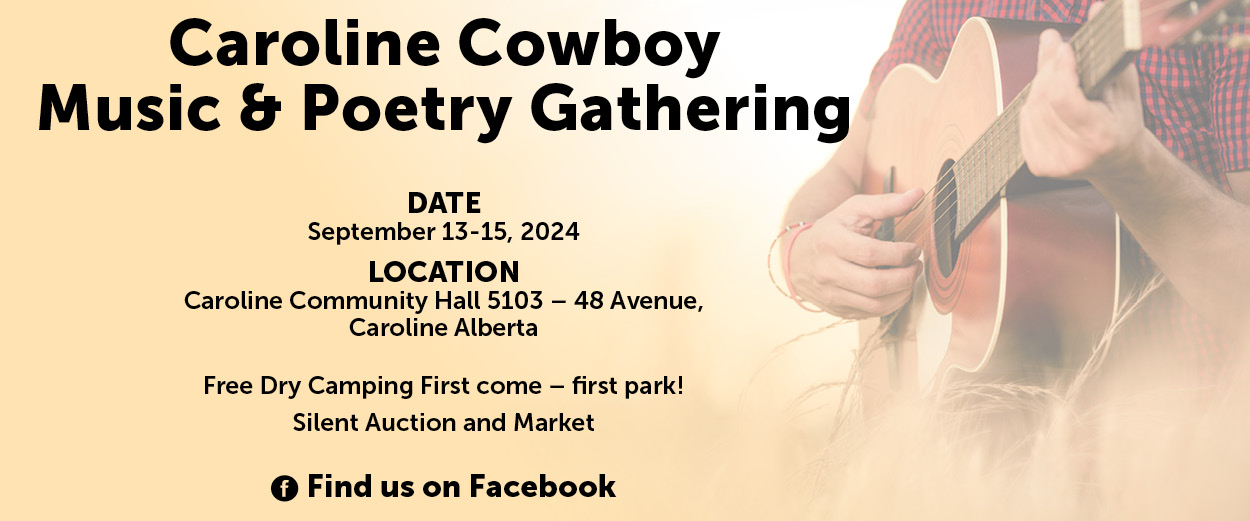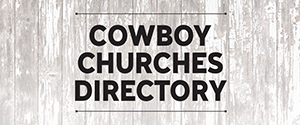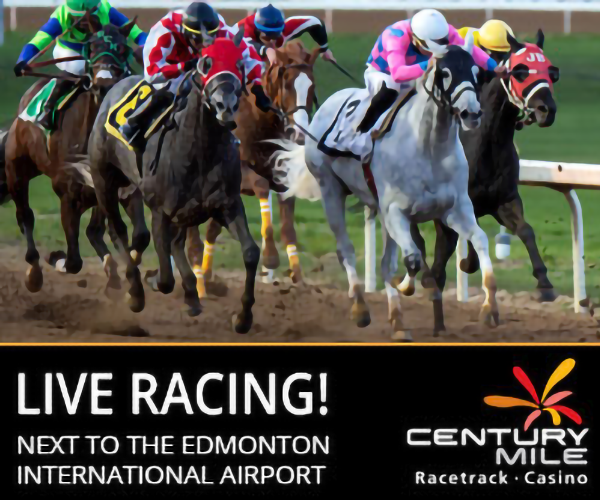Uniting Rodeo
By Tim Ellis
Rodeo in Alberta had come to a dead stop in the spring of 2020. Saddled with growing uncertainty amid the emergence of COVID-19 along with growing pessimism, eroding membership fees due to the prospect of upcoming rodeo cancellations and increasing debt loads, making the wrong turn could have been disastrous. In May of 2020, enter Dustin Duffy — the man who convinced those in charge of the sport to choose a path that would lead it back to brighter days.
“We were just trying to survive,” begins Duffy, a Buck Lake, Alta., stock contractor who also sits on the board of directors for the Drayton Valley Pro Rodeo committee. “As a board, we believed the only way we were going to be able to hold a rodeo was to work with the government,” he said.
“But no one had any idea what that was going to look like. So, I was given the task of approaching the (Alberta) government. I got a’hold of a couple of MLA’s who set me up with some people that I didn’t realise were pretty high in the government.”
The first step was to educate those government officials about rodeo.
“That was one of the biggest eye-openers,” says Duffy. “They knew what a cowboy hat was; they knew what the Calgary Stampede was, but other than that, they had no idea.”
“They didn’t know how rodeo functioned or how much it costs to put on a rodeo. They didn’t realise how much rodeo puts back into the economy. We put together an economic impact report using all the rodeos in Alberta. Once we wrote everything on paper and sat down with them, then their eyes opened up to how having no rodeos would affect communities.”
“We tried to approach it from a committee and community angle and tried to include everything from bull ridings to barrel racings to team roping jackpots, anything dealing with the western lifestyle.”
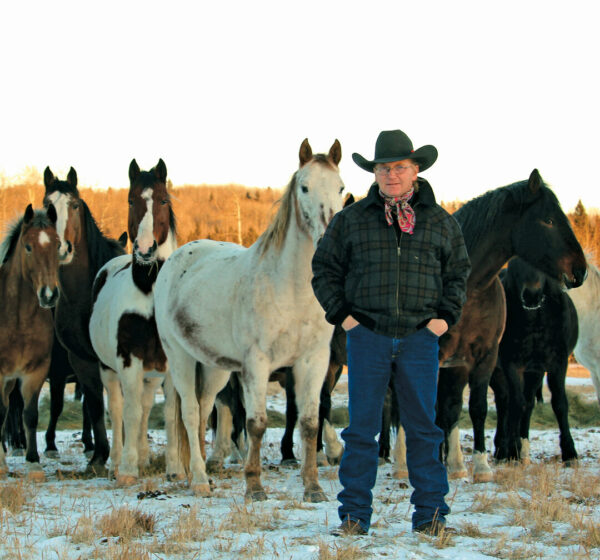
Next came the heavy lifting. Duffy and his team began to build COVID protocols specifically for rodeo.
“I was able to find the person who built the protocols for the PRCA,” explains Duffy. “He emailed everything to me. I had (Lakeland Rodeo Association president) Cory Dunlop re-work the documents for use here. We took those to the government to get them approved.”
Then came a call from officials, which, again, opened Duffy’s eyes to the realisation the process would not be easy.
“They said they needed the definition of rodeo,” chuckles Duffy. “The only definition they had was something out of Webster’s Dictionary, which was something about lassoing a horse, lassoing a calf and something about a bucking bronco. We sent them a new one.”
This is the definition used for the Alberta Government’s seven-page COVID guidance for rodeos — ‘Rodeo is an event that includes activities such as tie-down roping, steer wrestling, saddle bronc riding, bareback bronc riding, bull riding and barrel racing.’
With the government seemingly on board to allow rodeo organisers to proceed under its protocol, Duffy’s next task was bringing the rodeo community together.
“There was a lot of pessimism,” suggests Duffy. “I don’t think many people within the industry thought we were going to be able to get anything done. The biggest task was to convince people to follow along. “I think that might be what I’m the proudest of in this whole process. At the start, each little group or association wanted to do its own thing. It took a lot of convincing to bring all the associations in Alberta together.”
While that was the high point along Duffy’s challenging path, the low point came early in 2021.
“Back in the winter when cases were spiking, we were in another meeting,” relays Duffy. “I could tell we weren’t getting anywhere, and that’s when I reached a breaking point,” he said.
“At that time, the early spring rodeos were starting to cancel, and other committees were needing confirmation before they could go ahead. I told them [Alberta government officials] that I needed something on paper that I could give to committees — and that I needed it by April 1st.”
It was at that meeting that the government officials reached a decision.
“Low and behold, I get an email about 8:00 in the morning on April 1st,” reveals Duffy. “It’s a document signed by (Alberta’s Chief Medical Officer) Dr Deena Hinshaw outlining how rodeo committees could proceed with events for the summer,” he said.
“The problem was, no one believed me. I sent out an email explaining we had the letter, but it was April Fools Day. But it was real, and that was what committees needed to start planning their events.”


